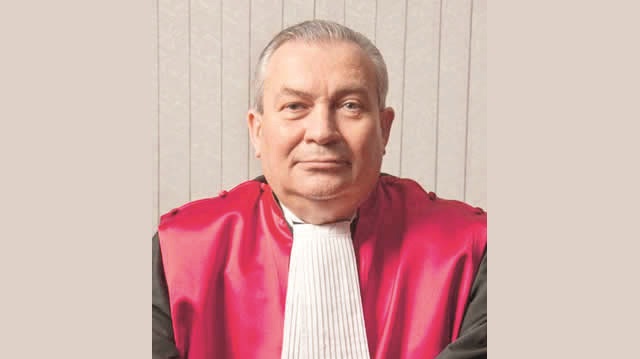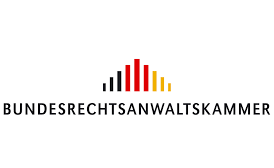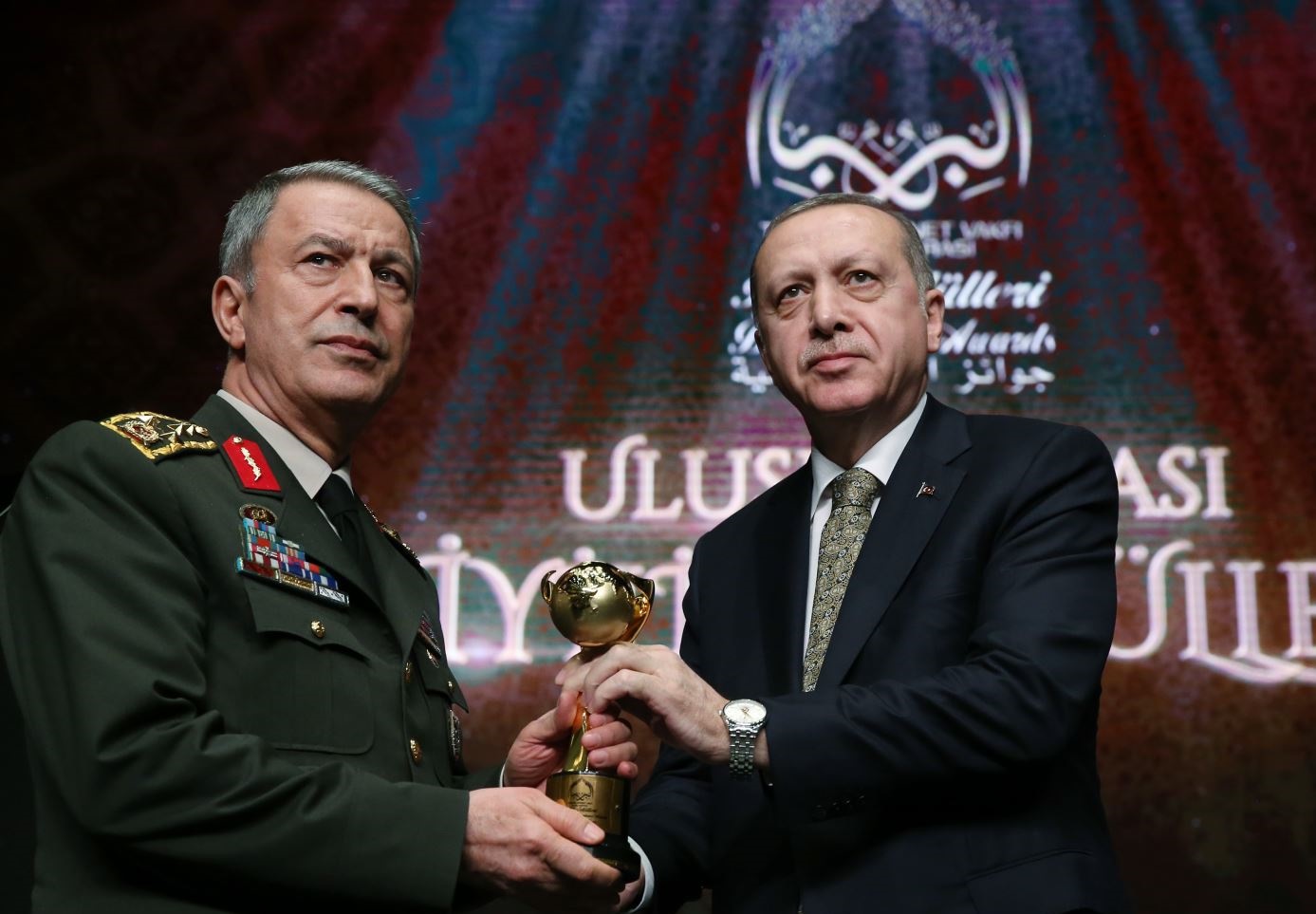On December 18, 2014, the Appeals Chamber of the International Criminal Court (ICC) situated in the Hague, the Netherlands, affirmed the detention order issued by the Trial Chamber of the ICC to the former Rwandan Minister Ngirabatware for his crimes against humanity (direct and public incitement to commit genocide and instigating, aiding and abetting genocide and rape). Ngirabatware is currently kept under custody in the UN Detention Unit in Tanzania until he will be transferred to the state where he will serve his sentence.
On July 8, 2016, on the ground that new facts and evidence had appeared, the lawyers of Ngirabatware requested the Appeal Judgement to be reviewed. On July 25, 2016, the Appeals Chamber of the ICC assigned a panel of judges, among whom is also included Judge Aydın Sefa Akay of Turkey, to examine the appeal request. The Prosecution of the Appeals Chamber decided on September 19, 2016, that a hearing should be held, since the documents submitted by Ngirabatware might raise new facts, which if proven, could impact the convictions imposed on him.
On the other hand, on September 21, 2016, Judge Sefa Akay was detained in Turkey based on the allegations connected with the events of 15 July 2016 coup attempt conducted against the constitutional order of Turkey. He has been detained since then pending trial. He was detained and charged weirdly to be a “member of terrorist organisation” for reason of using the ByLock messaging application. According to some of the news appeared in the media, in his defence, he stated that he was a Freemason and he downloaded the application from Google Play Store after recommended by the Foreign Minister of Burkina Faso and was using it for some Masonic correspondence.
According to Article 29 of the Statute No. 1966 of the International Residual Mechanism for Criminal Tribunals of the UN Security Council, the privileges and immunities, exemptions and facilities which are accorded to diplomatic envoys in accordance with international law by the Convention on the Privileges and Immunities of the United Nations when they are engaged in a business with the Mechanism shall also be applicable to the judges serving for the Mechanism. Since Judge Akay was serving for the Mechanism at the time when he was arrested and detained, he is still eligible to enjoy the above-mentioned privileges and immunities. On behalf of UN Secretary-General, the UN Judicial Affairs Office formally appealed to the Turkish authorities asserting that Judge Akay has diplomatic immunity and urged Turkish Government to release him from detention and end all legal proceedings against him.
On the other hand, upon the request of the Offices of the Prosecutor and the Counsel to issue a court order for returning Judge Akay to his judicial duty at this case and cease the prosecution procedures against him, the President of the Appeals Chamber has firmly invited the Government of Republic of Turkey to file a written submission on November 28, 2016. Moreover, on January 17, 2016, a public hearing was held at the Hague branch of the Mechanism. Neither the Government of Republic of Turkey filed a written response to the Court, nor any representative attended to the public hearing.
The Prosecution recognized the importance of defending the immunity issues and principles and guarantees and stated that these principles are integral part of the proper functioning of the Mechanism. The Prosecution, however, acknowledged that a court order to the Government of Republic of Turkey is not “a guaranteed solution” and instead in order not to cause any further delay in the case suggested that another judge can be assigned in place of Judge Akay. The lawyers of Ngirabatware, however, did not support this opinion of the Prosecution and stated that replacing a judge, who has diplomatic immunity, directly affects the “impartiality and fairness” of the court proceedings.
In the decree about the case, the President of the Appeals Chamber assured that, as recognized by the UN, diplomatic immunity is a keystone of an independent international judiciary. He reminded that during the consideration of the UN Statute, Turkey – as a member of the UNSC – voted in favour of the adoption of the Statute, and the Statute guarantees full diplomatic immunity for the judges to perform an independent judicial function. The President pointed out that the proceeding for reviewing Ngirabatware’s request of appeal has come to a halt because of the detention of Judge Akay and asserted that continuing the proceedings by replacing Judge Akay with another judge will certainly mean violating the principle of an independent judiciary, and a final decree cannot be issued without taking the views of all of the members of the court. Based on these reasons, the President decided to issue a “Court Order” to the Government of Republic of Turkey to cease all judicial proceedings against Judge Akay and release him from custody no later than February 14, 2017.
In the decision, it is also stated that; although the UN Mechanism of the international criminal proceedings does not allow interference in domestic jurisdiction of national states, on the basis of protecting the immunity rights, there is a clear authority to issue a court order for a state to cease judicial proceedings against a person; and in the past, such court orders have been implemented by national states, and consequently, pursuant to Article 9 of Resolution 1966 adopted by the UNSC under Chapter 7 of the UN Charter dated 22 December 2010 which requires that all States comply with orders issued by the Mechanism, such a court order will also be binding on Turkey.
The President also assured that the UN has applied to domestic judicial authorities of Turkey to urge Turkey to recognize the diplomatic immunity of Judge Akay and release him from detention and filed an application also to the European Court of Human Rights.
Turkey has failed to fulfil its obligations regarding the “Court Order” within the defined time limit and, as a result on March 6, 2017, the Appeals Chamber referred Turkey to the UN Security Council. The Chamber stated that Turkey’s non-compliance of the Court Order prevents the court to observe the legal proceedings for the case and threatens the independence of the judicial authority of the Mechanism.
The United Nations Security Council (UNSC) is one of the 6 main organs of the UN and it is a decision-making body. It is responsible for carrying out duties related to maintaining international peace and security. Although the decisions of the other UN bodies are advisory, compliance to the decisions taken by the UNSC is compulsory for the member countries. The Council is composed of 5 permanent (China, France, Russian Federation, the United Kingdom, and the United States of America) and 10 non-permanent members (Bolivia, Egypt, Ethiopia, Italy, Japan, Kazakhstan, Senegal, Sweden, Ukraine, and Uruguay). Affirmative votes of 9 member countries, as well as the agreeing votes of five permanent members are needed for the UNSC to make a decision about an issue. This privilege grants the permanent members the right to veto a resolution they do not approve – a situation which is often criticized. The UNSC has the power to apply economic sanctions and arms embargo, financial fines and restrictions, tightening diplomatic relations, and to take a collective military action.
According to the Statute of 1966 that constituted the UN Security Council, the judges are selected by the General Assembly of the UN from the list formed by the UNSC. Then the President of a bench assigns judges for their case from this pool of judges. This means that Judge Theodor Meron, the President of the Ngirabatware Case, could actually assign another judge to replace Judge Akay and resume his judicial proceedings. The President, however, ordered Turkey to release Judge Akay and when this failed, he referred the case to the UNSC in accordance with the Article 28 of the Statute. The UNSC enjoys all the necessary power and authority to force a national state to engage in cooperation. However, it seems quite difficult for the UNSC to take a concrete step in this issue. Moreover, which sanctions to be applied on countries that fail to comply with the orders of a UN court are not regulated in the Statute. Since the case of Judge Akay is an exceptional judicial issue, they may ask Turkey to engage in cooperation or advise the Presiding Judge to assign another judge to the case.
We can read Turkey’s escape from cooperating for the case related to Judge Akay as an effort to prevent the mysterious July 15 attempted coup in general and the “ByLock” issue in particular to be discussed in an international arena. In this respect, it is a positive outcome for the matter to be referred to the UNSC, the highest decision-making organ of the UN. Even if issuing a decision against Turkey may be impeded – for example, by a veto of a country Turkey has established close relations recently (such as Russia) – a thorough examination of the matter by the international judiciary will still have important consequences in showing the unlawfulness of detention of and legal proceedings against Judge Akay and will reveal the prosecution of Judge Akay is lacking any credible evidence.
In the meantime, Judge Aydin Sefa Akay has been sentenced to seven years and six months for membership of an alleged ‘Gulenist Terrorist Organisation’ (FETO) which the government insists exists. He has been provisionally released pending the outcome of his appeal process. As Akay’s passport has been forfeited and banned from leaving the country as a judicial precaution, he will not be able to leave Turkey. Nevertheless, the UN court has resumed its work on Ngirabatware’s appeal against a 30-year sentence for crimes that include organisation of a genocide. It has come out that Judge Akay has confirmed his ability and willingness to exercise his judicial functions in the Ngirabatware case remotely from Turkey. The Mechanism counsel and judges have been unanimous in condemning Akay’s detention and Turkey’s refusal to recognise his diplomatic immunity.



